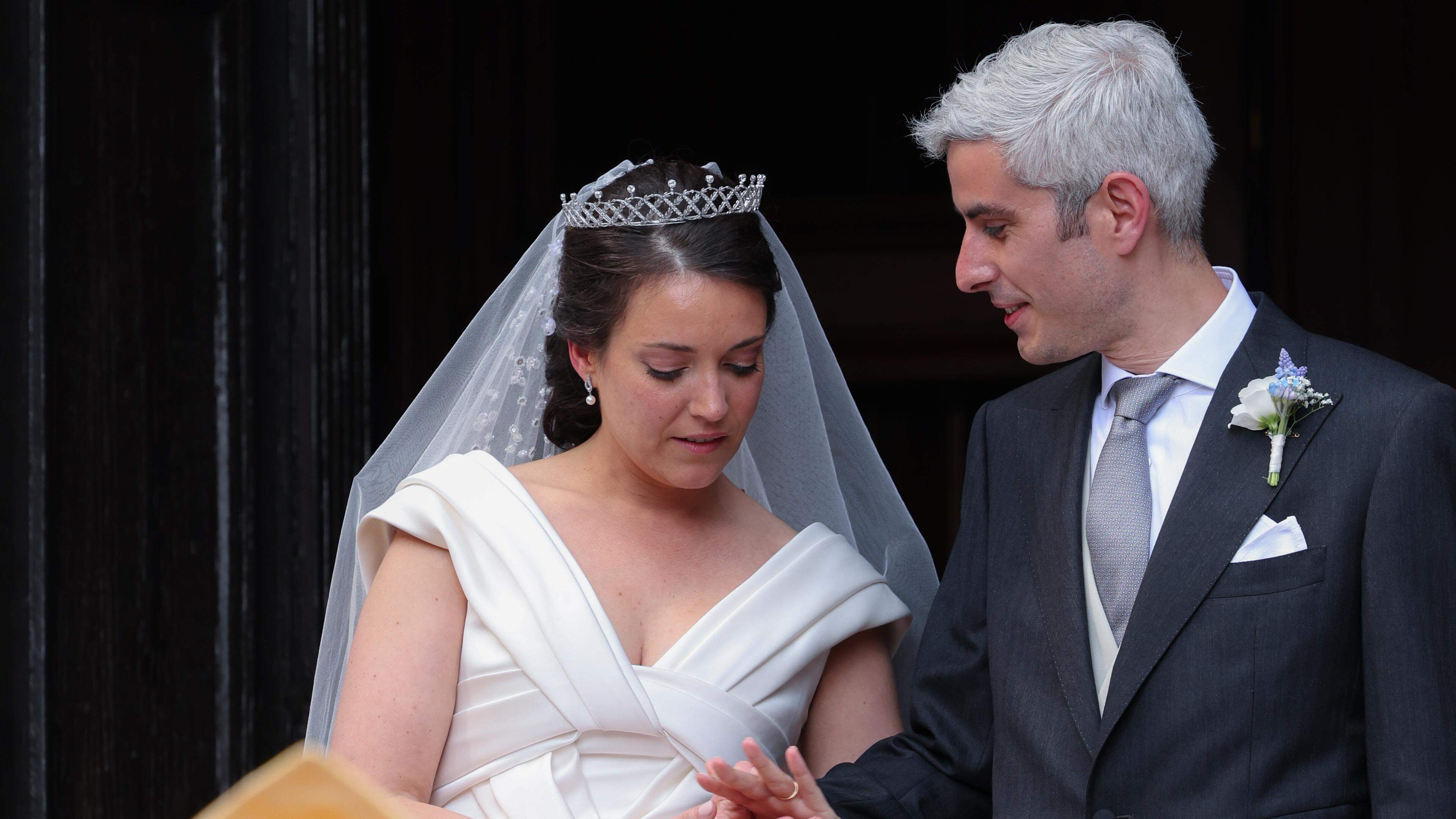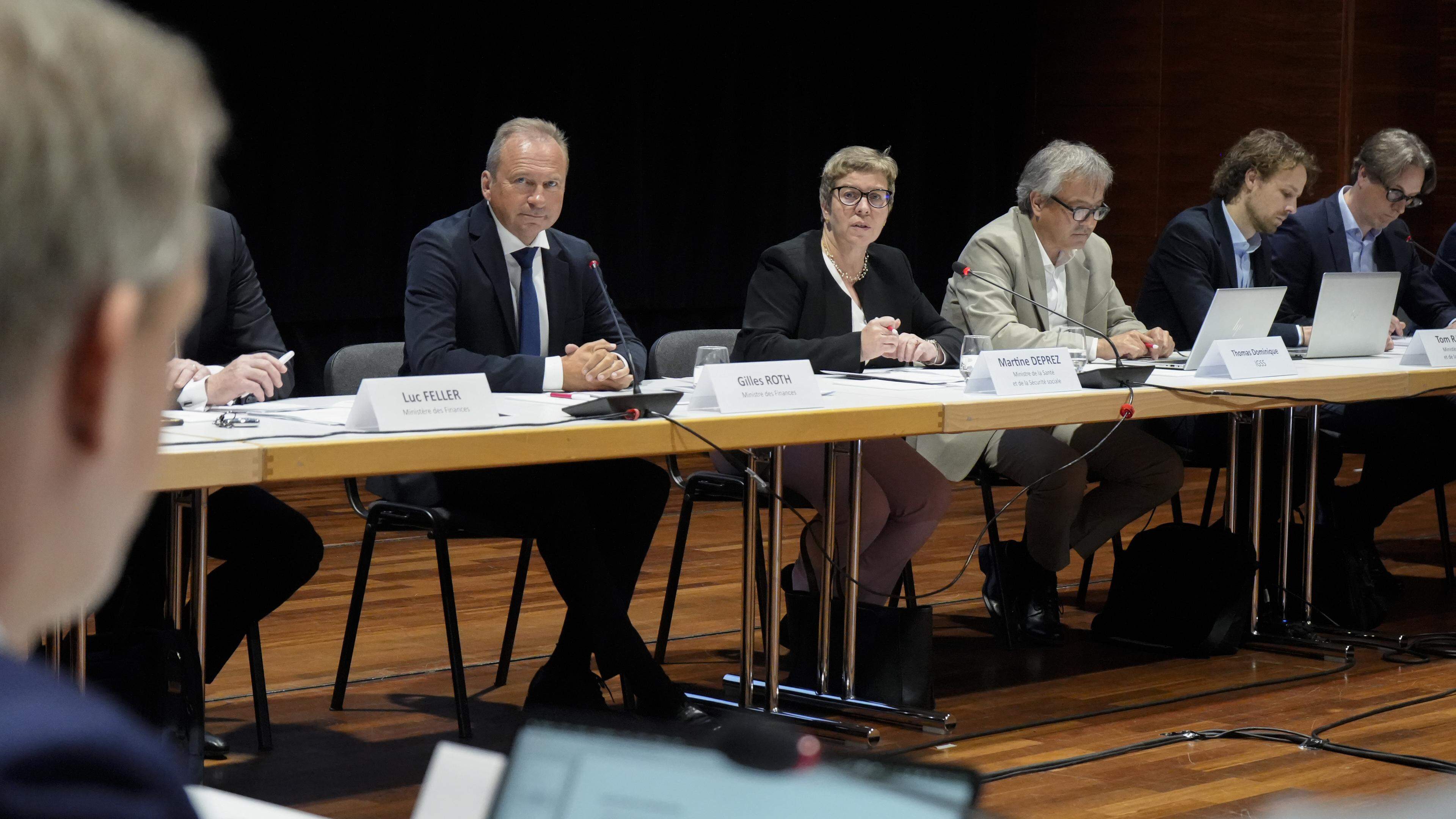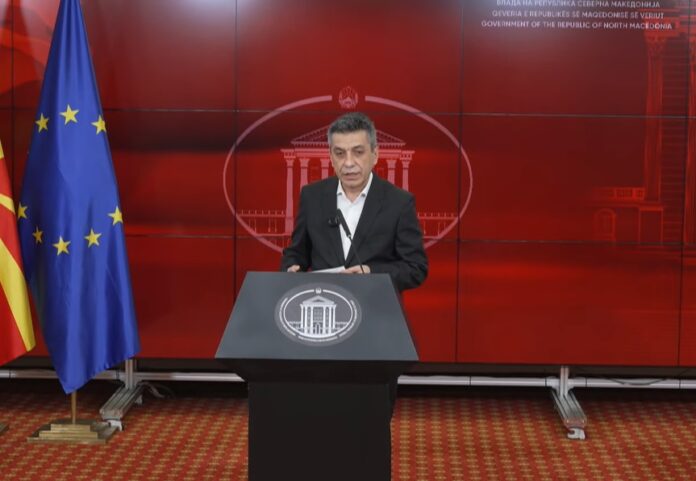New labor law and more flexible working hours?

The patronage wants labor law to be reformed. This is also intended in the government program – only the unions are struggling. Recently, LCGB and OGBL even left the discussion. The conversations were only placebo, they say. The employers see it differently.
Marc Wagener, director of the Union of the Entreprises Luxembourgeoise (UEL): « Labor law has to go over time. Our labor law needs an update, because it remains behind the developments by years or decades. »
The reason: for a long time there was no reason to reform. The economy and labor market grew, but in recent years the company landscape has shaped recessions. If 6,500 new positions were created in 2023, it was only 600 last year.
The entrepreneurs want the personnel leaning in the individual companies to receive more powers when it comes to working organization. To this end, collective agreement law would have to be changed. The unions see this as an attack on their very own activities.
Unions should keep the monopoly to conclude collective agreements
The UEL, on the other hand, emphasizes that « there is no instrument in the social dialogue that collective agreements can be possible without unions. The unions remain the negotiating partners, » said Wagener. In this respect, the employer takes a step towards the unions and has changed its former position: the unions should keep the monopoly to complete collective contracts.
Marc Wagner and Michel Reckinger (VL): The elected personnel representatives in the companies should be negotiating partners when it comes to work organization. Photo: LW archive
However, Wagener points out that 56 percent of the delegated delegates did not belong to any union in the last social election. « They were democratically chosen by the employees in the companies, » says Uel President Michel Reckinger. « For me as an entrepreneur, the first point of contact is always the personal loan. And you should also be the contact person and negotiating partner when it comes to the work organization of the individual company. »
Delegates would have the expertise, which was about the company in which they work themselves. And when it comes to things that require legal expertise, for example? Then delegates can use these expertise free of charge. « As an entrepreneur, I want to negotiate with the delegate, whether he is a union member or not, » says Reckinger. For example, the following Monday is stipulated by law during the retail on Sundays in retail that the one who works on Sundays is free. « But what if they prefer to have free on Wednesday? »
As an entrepreneur, I would like to negotiate with the delegate, regardless of whether he is a union member or not.
Michel Reckinger
President of the Union of Entreprises Luxembourgeoises
According to the Uel, the Uel is primarily concerned with more flexibility in working hours. Labor law could give guidelines « from … to », everything else should be decided in the individual companies in the social dialogue itself. « The companies need more freedom of design at the work organization, » explains Wagener. And Uel President Reckinger explains: « If an employee suggests working ten hours a day and free to get Friday, it doesn’t work. » Because it runs counter to labor law and collective agreement.
Unions have broken off conversation
If entrepreneurs “more flexibility” in union ears, this sounds like that employees have to meet the wishes of the employer more. But according to Reckinger, most of the questions came when it comes to working hours, from the employees themselves who wanted to work from home in the morning to get to work after rush hour. All things that are not possible by law today. « The companies are also not interested in treating personnel badly – the companies are desperately looking for employees, » says Wagener.
LCGB boss Patrick Dury and OGBL chairwoman Nora Back left the conversation for the reform of labor law in October. At that time it was about negotiating the right of the unions to negotiate tariffs. Photo: Chris Karaba
A legislative contracts that would be possible to negotiate collective agreements in companies without union presence is just as much criticized at OGBL and LCGB as a reform of labor law. Both unions left the meeting of the Committee on Labor and Employment in October because Labor Minister Georges Mischo (CSV) had questioned the exclusive right of unions to negotiate collective contracts.
Reckinger: « We don’t want to hurt anyone, we need pragmatic solutions to the satisfaction of everyone. » He could not understand that the unions have left the discussion about labor law reform and confirms: « We want the social dialog to work. » One does not want to discuss more than a modernization of labor law in the social dialogue.
The social dialogue in the companies itself also works excellently, « regardless of whether the delegates are in the union or not, » said the UEL President.






